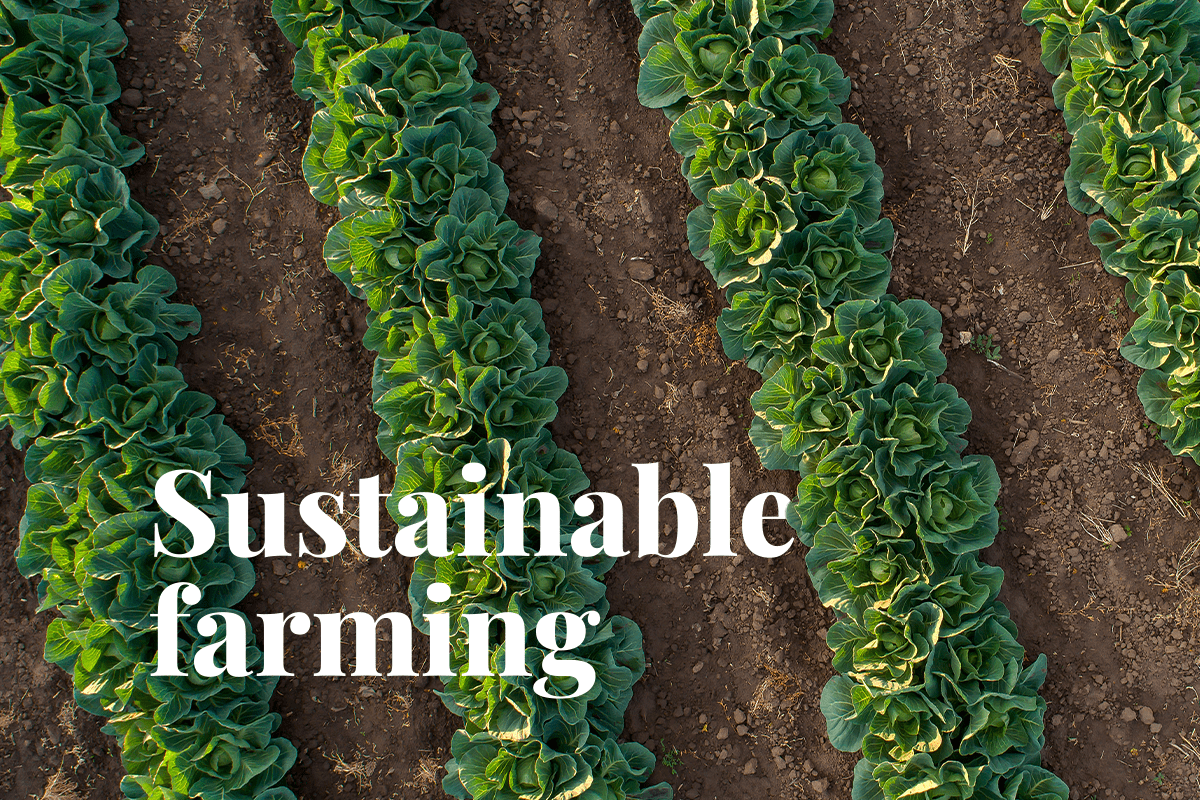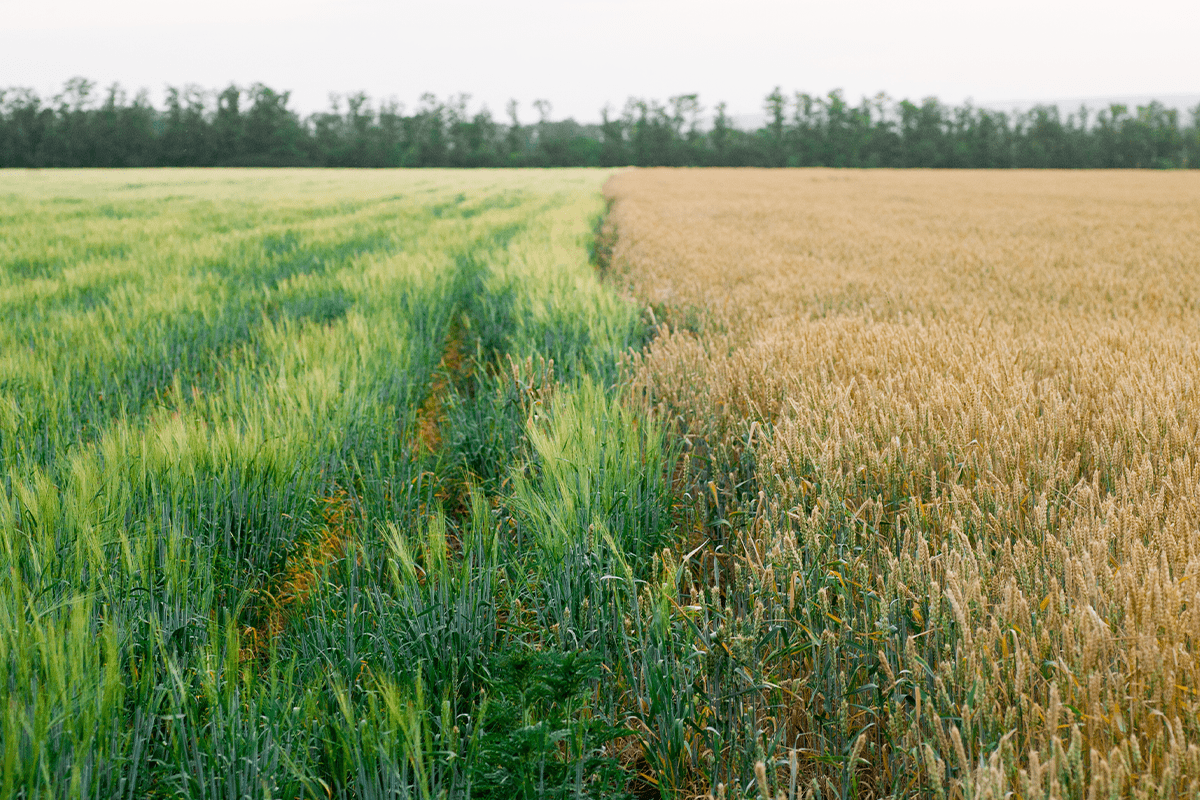Civilisations throughout history have risen and fallen due to a variety of factors, including political instability, economic factors, and environmental challenges. One factor that is often overlooked but has played a significant role in the decline of civilisations is unsustainable farming practices. In this blog, we will explore the importance of sustainable farming practices in ensuring the long-term survival of civilisations and how modern-day farming practices can be improved to ensure sustainability.

The role of farming in civilisation
Agriculture has played a crucial role in the development and growth of civilisations throughout history. It has enabled people to settle in one place and create more complex societies, leading to the development of cities, trade, and other aspects of civilisation. However, unsustainable farming practices have contributed to the decline and collapse of many civilisations.
Find out what DGB can do for your land
Unsustainable farming practices and civilisation collapse
Deforestation, soil degradation, and overfishing are just some of the unsustainable farming practices that have contributed to the collapse of civilisations. The Harappan civilisation, which existed from 2600 to 1900 BCE in what is now Pakistan and India, relied heavily on the Indus River for irrigation and transportation. However, shifts in monsoon patterns caused by changing climates led to droughts and floods, making it difficult for the civilisation to maintain its agricultural system. This led to food shortages, social unrest, and the eventual collapse of civilisation.
Another example is the decline of the Greenland Norse colony in the 15th century. The colony relied on agriculture and hunting for survival, but a period of cooling temperatures and expanding sea ice in the 14th century made it increasingly difficult for the Norse to farm and hunt. Soil erosion and deforestation caused by unsustainable farming practices also decreased crop yields and contributed to food shortages. The combination of environmental pressures and socio-economic factors caused the colony's decline and eventual abandonment of their homeland.
Read more: Key factors in the fall of the Roman Empire: unsustainable farming practices and deforestation
Improving modern-day farming practices for sustainability
To ensure the long-term survival of civilisations, modern-day farming practices must be improved to promote sustainability. This includes using sustainable farming techniques that do not harm the environment or deplete resources. Sustainable farming practices include crop rotation, organic farming, and conservation tillage.
Crop rotation involves alternating the types of crops grown on a piece of land to prevent soil degradation and maintain soil fertility. Organic farming involves using natural methods to control pests and fertilise crops, avoiding the use of synthetic chemicals that harm the environment. Conservation tillage involves minimising soil disturbance during planting and reducing erosion, which helps maintain soil health.

The importance of sustainable farming practices for long-term survival
Unsustainable farming practices have contributed to the decline and collapse of civilisations throughout history. To ensure the long-term survival of our societies, we must adopt sustainable farming practices that promote environmental health and the responsible use of resources. By implementing these practices, we can ensure the sustainability of our agricultural systems and the long-term survival of our civilisations.
Find out more about sustainable carbon farming




